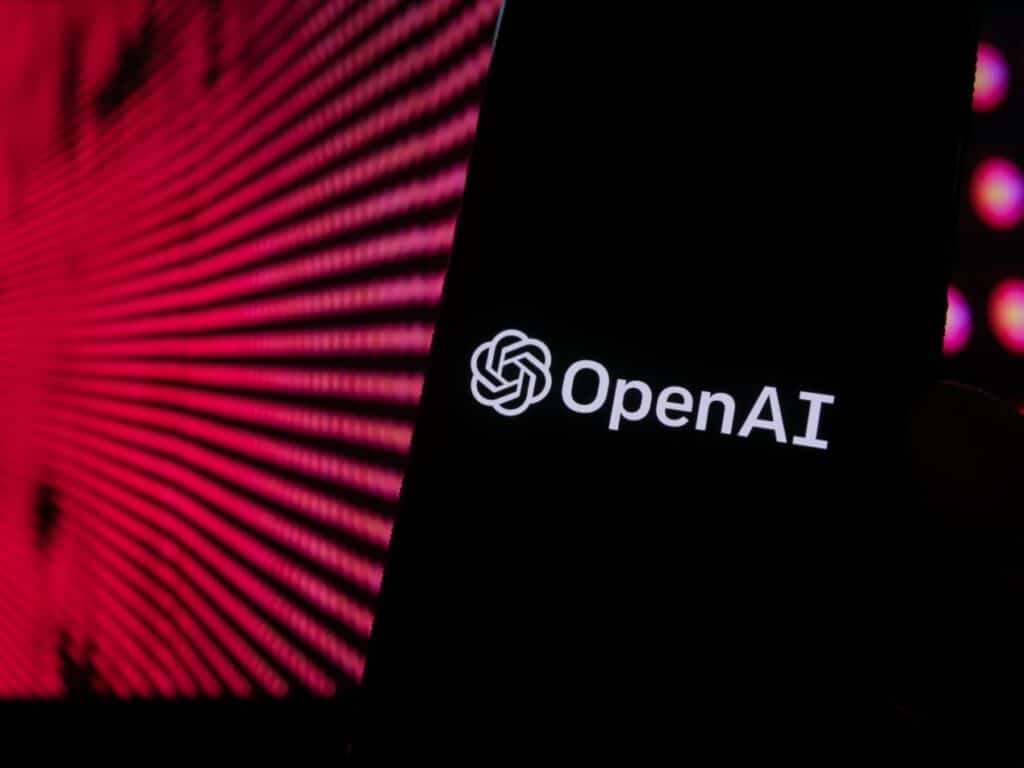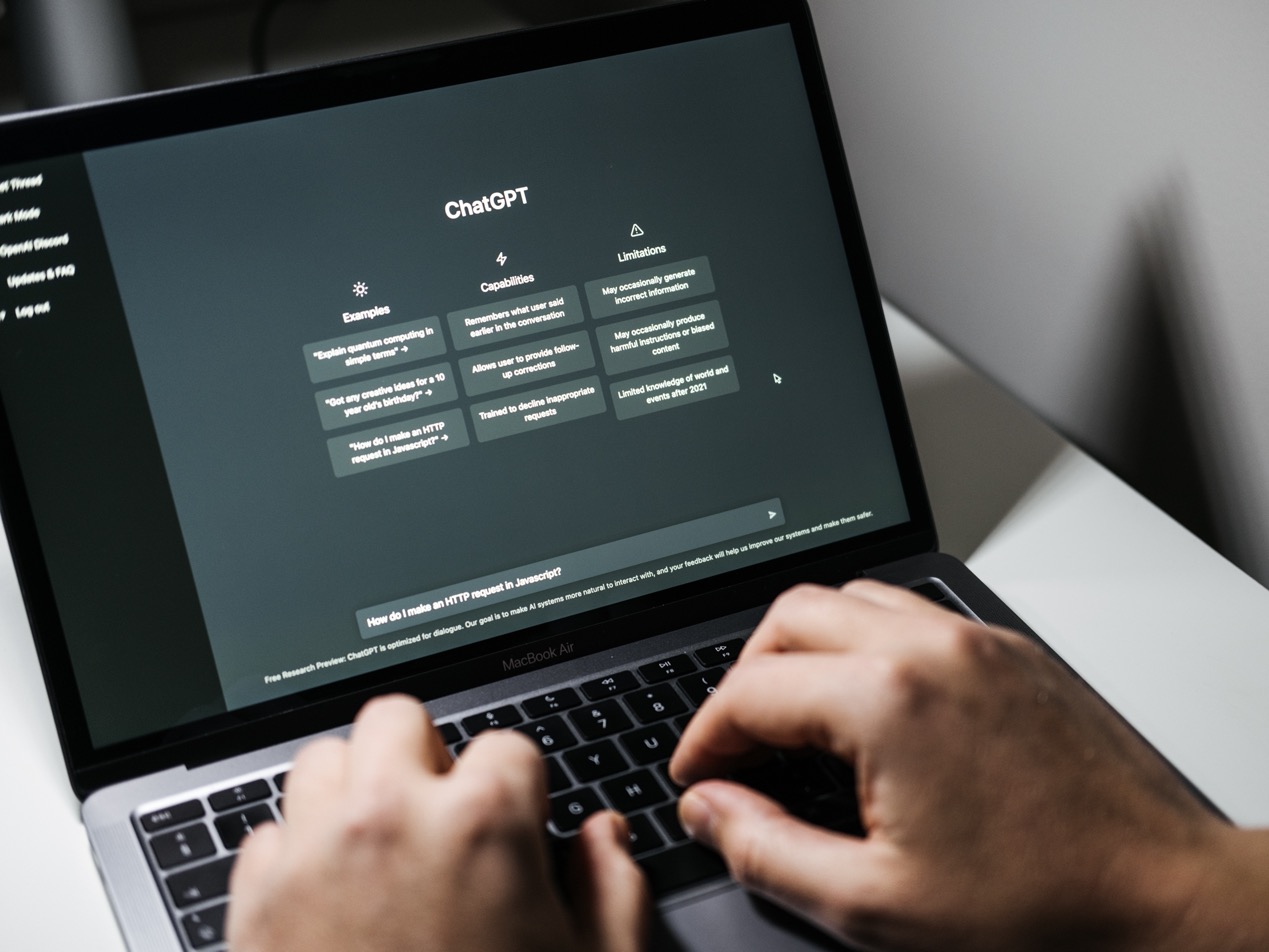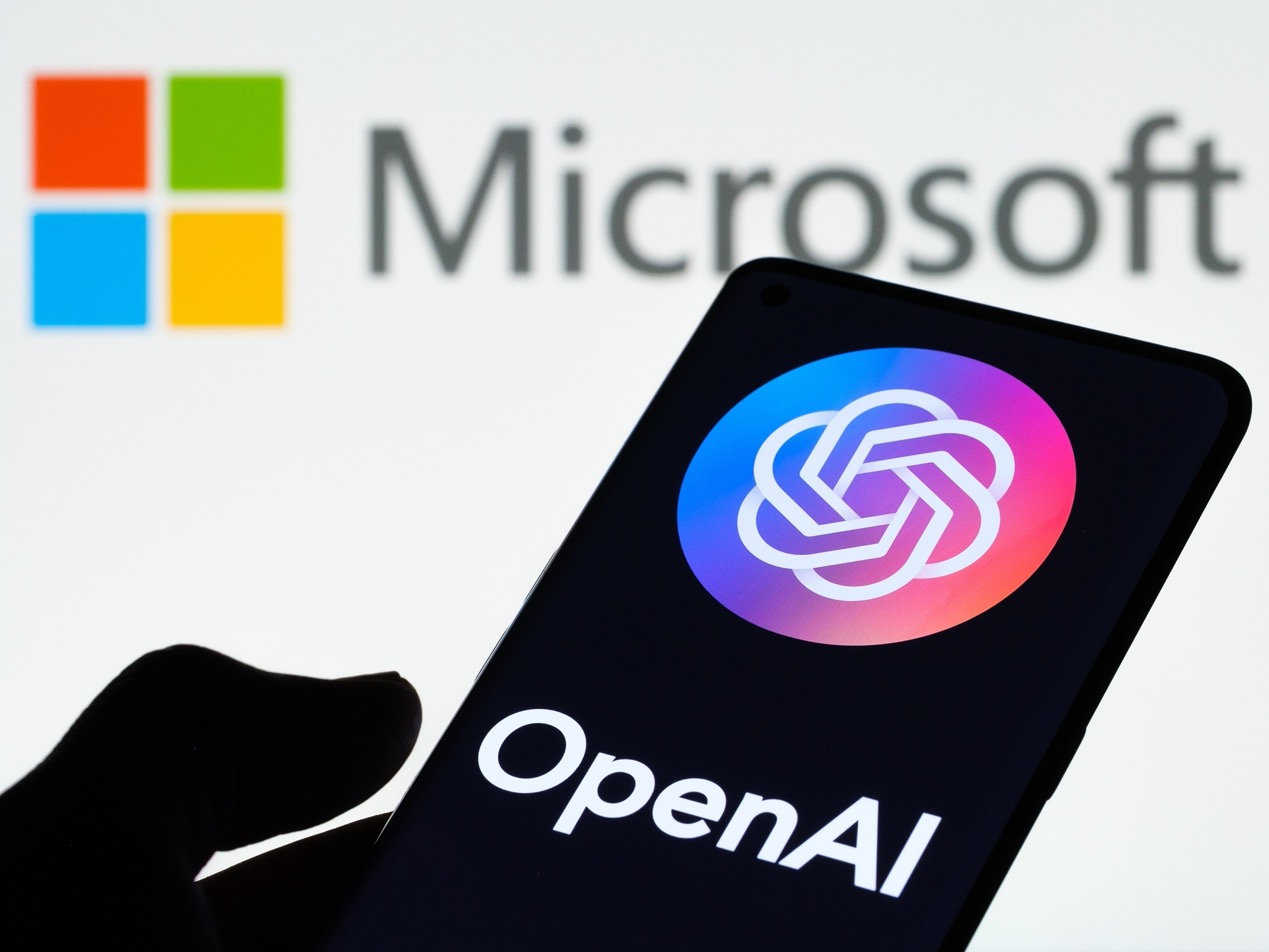
OpenAI’s ChatGPT experienced an outage and user data breach, emphasizing the importance of AI reliability and data security in healthcare applications.
Why it matters:
The recent ChatGPT outage and user data breach highlight the need for healthcare providers to consider AI technologies’ reliability, potential risks, and data security. AI chatbots can offer numerous benefits, such as streamlining administrative tasks and enhancing patient interactions. However, reliability concerns and data breaches can affect their adoption and usefulness in critical healthcare settings, especially when handling sensitive patient information.
Related: Safeguarding PHI in ChatGPT
The outage and data breach:
OpenAI, the creator of the popular AI language model ChatGPT, reported an unexpected outage on March 20th. Along with the service disruption, it was revealed that user data was breached during the incident. This situation emphasizes the need for robust, reliable AI tools and stringent data security measures, especially in the healthcare sector where sensitive patient data is at risk.
Implications for HIPAA compliance and PHI exposure:
The data breach incident raises concerns about using AI solutions like ChatGPT in healthcare settings, where protecting protected health information (PHI) and adhering to regulations like HIPAA is crucial. Exposing PHI can lead to severe consequences, including legal penalties, reputational damage, and potential harm to patients.
OpenAI’s response and fixes:
OpenAI took immediate steps to address the issue in response to the outage and data breach. These actions include:
- Identifying the root cause of the outage and data breach and implementing necessary security measures to prevent similar incidents in the future.
- Conducting an in-depth investigation to assess the extent of the data breach and the potential impact on users.
- Communicating with affected users, providing guidance on how to protect their data, and offering support to mitigate potential harm.
- Enhancing system monitoring and security protocols to ensure the ongoing reliability and safety of ChatGPT.
Considerations for AI adoption in healthcare:
To minimize risks and ensure the safe and effective use of AI solutions, healthcare professionals should consider the following:
- Assess AI solutions’ reliability, performance, and data security before implementing them in clinical or administrative settings.
- Implement backup plans or alternative methods for handling tasks in case of AI system outages or disruptions, and have protocols in place for managing potential data breaches.
- Engage in ongoing monitoring and evaluation of AI tools to ensure they maintain high performance, reliability, and data security.
- Collaborate with AI developers and providers to communicate concerns, needs, and feedback on AI solutions’ performance, reliability, and data security in healthcare settings.
- Ensure a business associate agreement is signed with the AI solution to comply with HIPAA regulations.
The bottom line:
While AI chatbots and other AI solutions can offer significant advantages in healthcare, the recent ChatGPT outage and data breach serve as a cautionary tale.
Subscribe to Paubox Weekly
Every Friday we'll bring you the most important news from Paubox. Our aim is to make you smarter, faster.



 Dean Levitt
Dean Levitt


